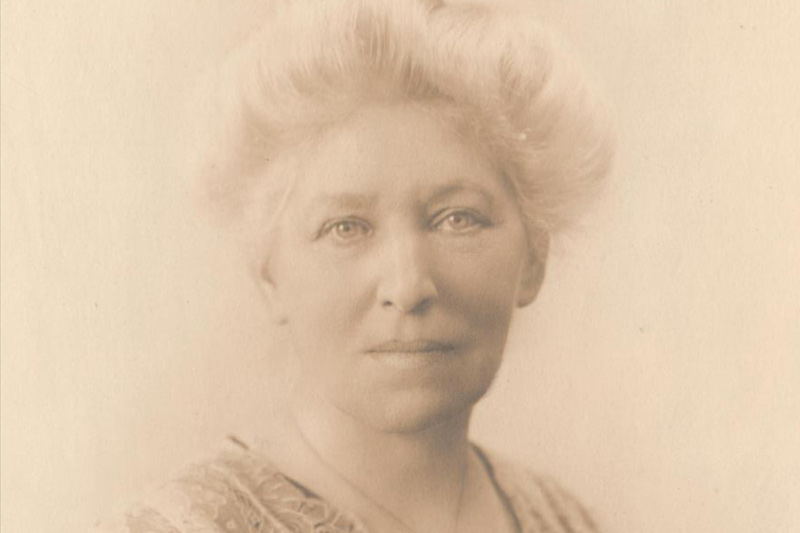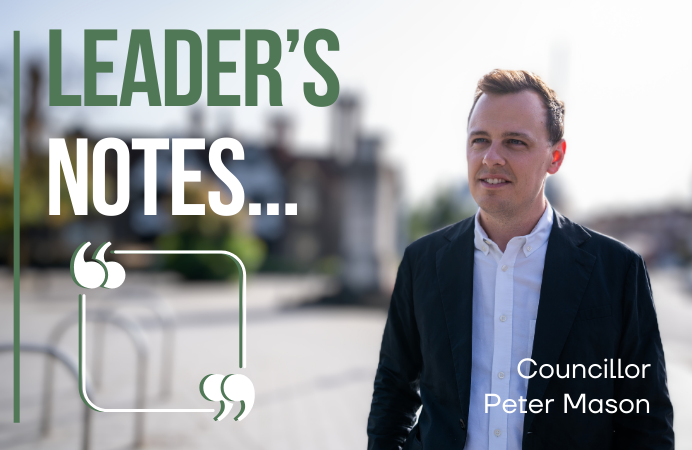Well, she was a rather unusual and special woman for her time: Acton’s first female councillor – and first woman mayor. Yet, there is no plaque or public marker to her and her work, writes Dr Jonathan Oates.
She was born in 1859 into a middle class London family and was well educated at a boys’ school. She later said that she knew more about cricket and football than she did about cooking and sewing. Throughout her life she was a keen sportswoman. For many years she worked as a secretary at Westfield College, a women’s college of the University of London.
It was not until she was middle aged that she rose to prominence. By then she was living in south east Acton with her family (she never married). Women could vote in local elections and could stand as candidates for council, but very few did. Miss Smee stood for the south east ward in Acton in 1911, explaining that it was important that women and their needs be represented in council.
She lost, but was undeterred and in a by-election in the following year, gained a seat in council, the first woman ever to be elected to Acton Council. Some wondered out loud whether she would be able to cope and, at her first meeting, the public galleries were packed to see the spectacle of a woman councillor. Over the next few years she became chairman of both the education and the public health committees, but had the honesty to refuse roles if she felt she had not the time to devote to them. She advocated creches and ante-natal classes for both fathers as well as mothers.
After the First World War, more women were elected to council. Miss Smee never adopted any party label nor joined any political party. She defined herself as being an ‘anti-waste’ councillor, but was happy to co-operate with other members of council if their views were similar.
Her height of influence came in the 1920s. She was made chairman of the council and, in 1924, was Acton’s fourth mayor. She was an alderman by now and became chairman of the finance committee, a great honour and a testimony to how much she was valued among her fellow councillors. By this time, everyone wondered why there could have been any doubts about the importance of women in local politics and this in part was due to her.
She also played a key part in the acquisition by Acton and other local authorities of Gunnersbury Park – and the founding of the museum there – and she always deemed this one of her most important achievements. She was made honorary curator of the museum and, in the 1930s, she helped acquire donations, arrange exhibitions and classify collections. She was also Acton’s first female magistrate at the Acton Sessions Court in Winchester Road. In 1940 she left Acton and died in Bournemouth nine years later.
As a hard-working and conscientious councillor Miss Smee was a role model to others, especially women, but there was not another female mayor of Acton for decades. In many ways she was a traditionalist, but by her work she showed others of her time that a woman could be an effective councillor and public figure.
This topic was the subject of a talk by borough archivist Dr Oates in May at Acton Library.
This originally appeared in May 2015





